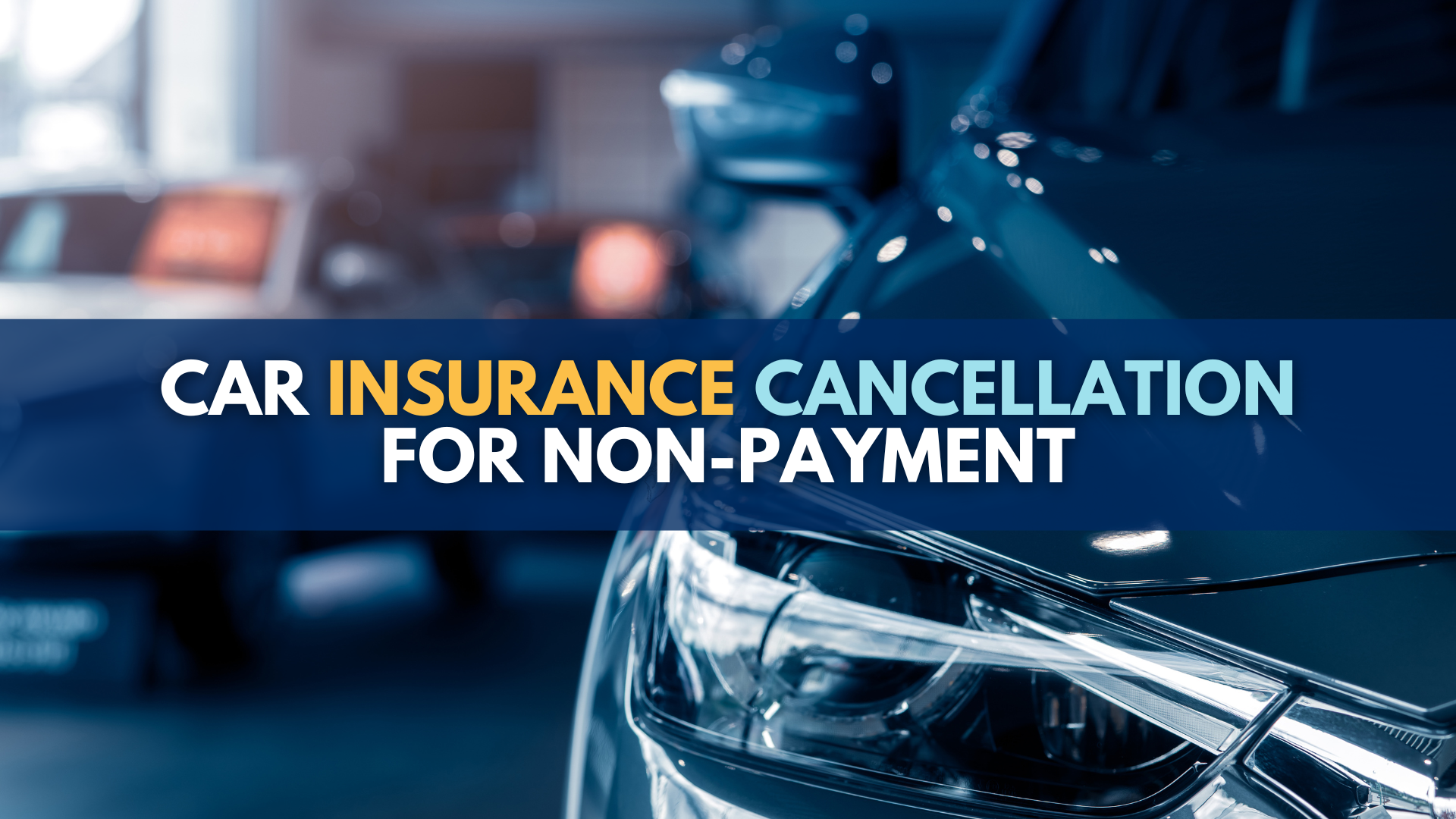Published Appellate Court rulings mark second, third times that State Farm is rebuked for same argument to avoid paying uninsured motorist claims to auto accident victims

How many times does State Farm have to have its hand smacked by Michigan courts before it learns to stop trying to wrongfully deny auto accident victims the “uninsured motorist” benefits that they’re legally entitled?
Well, let’s hope the third time is the charm.
State Farm seems to be a very slow learner.
Unfortunately, instead of changing its ways, I suspect State Farm may feel even more emboldened to continue ignoring Michigan law after a recent Michigan Court of Appeals decision.
Twice, the Michigan Court of Appeals has stopped State Farm’s attempts to avoid paying out on injured auto accident victims’ legitimate claims for “uninsured motorist” benefits. These were all injured auto accident victims who were insured with State Farm, I might add.
Now, in a recent, third case, the Court has confirmed that State Farm’s actions are unlawful.
Specifically, the Court of Appeals has said State Farm can’t shirk its contractual obligations by insisting that an accident victim’s “uninsured motorist” claim is invalid because it wasn’t included in the victim’s No Fault PIP lawsuit. A PIP lawsuit is also known as a first party lawsuit that seeks “personal injury protection” No Fault insurance benefits, such as medical bills for motor vehicle accident-related medical care and treatment, wage loss, attendant care or replacement services.
It’s this third case that should be alarming for auto No Fault insurance lawyers and attorneys who litigate car accident cases in this state. In this third and most recent case, Garrett v. Washington and State Farm Mutual Automobile Insurance Company, the three judges on the panel said they didn’t think there was anything wrong with what State Farm was doing – and they would’ve ruled in State Farm’s favor if they weren’t bound by the law to follow the court’s previous rulings.
Why the judges in Garrett v. Washington and State Farm Mutual Automobile Insurance Company get it wrong: Uninsured motorist coverage and PIP benefits are completely different
State Farm’s “uninsured motorist” interpretation is wrong.
The Michigan Court of Appeals has also declared it to be wrong three times now. That should be the end of the story and the end of State Farm’s efforts to deny uninsured motorist coverage to automobile accident victims who are injured in hit and run car accidents or who are involved in crashes with people without auto No Fault insurance.
Nevertheless, I’m not entirely surprised that State Farm would keep trying. It’s not for nothing, after all, that our attorneys have repeatedly named State Farm to our own list of worst auto insurance companies.
The Garrett judges’ reasoning for sympathizing with State Farm is fundamentally flawed.
Before I explain why it’s wrong, let’s first examine the judges’ rationale in Garrett.
What the Court of Appeals is essentially stating in Garrett is that an attorney who is representing an uninsured motorist must file the UM claim together with that person’s first-party case, also known as a PIP lawsuit or a No Fault case. The argument that both the UM and the PIP case must be filed together goes like this:
“The two claims in this case arise from a single group of operative facts. … The PIP and UM claims stem from the same automobile accident and involve all of the same parties. Furthermore, the claim for PIP benefits and the claim for UM benefits are related in time, space, origin, and motivation, and the combination of the two claims form a convenient trial unit since they involve the same parties, the same automobile accident, and the same body of law. … Furthermore, application of the doctrine of res judicata in this case would relieve the parties of the costs and vexation of multiple lawsuits involving the same parties and the same automobile accident, would conserve judicial resources, and would encourage the finality of litigation. … Accordingly, we would conclude that the two claims constitute the same transaction … In addition, we are not persuaded that there are significant differences in the timing and motivation for asserting the claims that would prohibit the application of res judicata [to bar the “uninsured motorist” claim]”.
But the two cases are not the same. A lawsuit for No Fault PIP benefits and a lawsuit for “uninsured motorist” benefits are completely different. They are so different that it makes sense from both a fairness aspect and a judicial efficiency perspective to allow both lawsuits to be brought separately.
For starters, Michigan has a “serious impairment of body function” threshold law that injury claims for pain and suffering from a car accident must meet in order to recover. Any lawsuit for “uninsured motorist” benefits (and “underinsured motorist” benefits) must proceed under this same injury threshold of “serious impairment of body function” under Michigan law, just as it would if you were injured in a car accident and were suing the driver of the person who caused the crash that injured you. However, No Fault lawsuits for overdue PIP insurance benefits must be filed almost immediately – and certainly within one year of the accident. In addition to a one- year statute of limitations, any medical bill or any No Fault claim at all must also be filed within one year of the date it is incurred, or it will be time-barred.
Importantly, some of the best “significant differences” explanations come from the Court of Appeals, itself … in its published opinion of Adam v. Bell and State Farm Mutual Automobile Insurance Company and its unpublished opinion in Miles v. State Farm Mutual Automobile Insurance Company.
Of all of State Farm’s very dubious legal arguments to avoid paying uninsured motorist benefits to its own insured customers (which have already been flat-out rejected by the Court of Appeals in Miles) this is the one that is at the heart of the mistake the judges are making in Garrett: Namely, that a UM claim is essentially the same as a claim for No Fault PIP insurance benefits and, thus, should have been part of the same lawsuit. This is what the Court of Appeals in Adam observed in rejecting this argument from State Farm:
“[W]e conclude that … plaintiff’s PIP claim and plaintiff’s tort/UM contract claim … have significant differences in the motivation and in the timing of asserting the claims, and they often do not form a convenient trial unit.”
* * *
“Further, applying res judicata to the facts of this case would not promote fairness and would be inconsistent with the Legislature’s intent expressed through the no-fault act. The no-fault act provides for the swift payment of no-fault PIP benefits. On the other hand, it severely restricts the right to bring third-party tort claims that would form the basis for a UM contract claim.”
To learn more about Miles v. State Farm Mutual Automobile Insurance Company, please check out Michigan Auto Law’s blog post, “Important new case: Settling No Fault PIP lawsuit does NOT bar uninsured motorist tort lawsuit.”
Tomorrow, I’ll continue this topic with a practice tip for Michigan lawyers on the implications of the Garrett v. Washington and State Farm Mutual Automobile Insurance Company ruling, and what steps they must now take if they have clients injured in hit-and-run car accidents or in crashes with uninsured drivers. Garrett raises serious concerns for lawyers on how to proceed and protect their clients.


